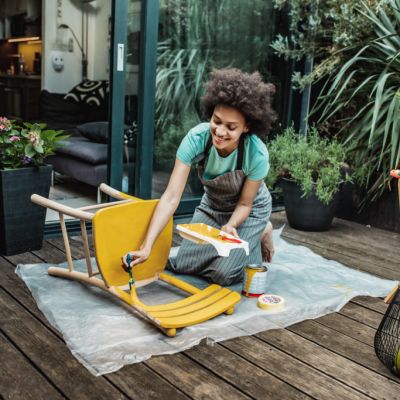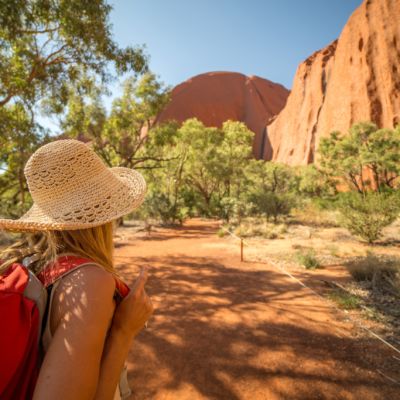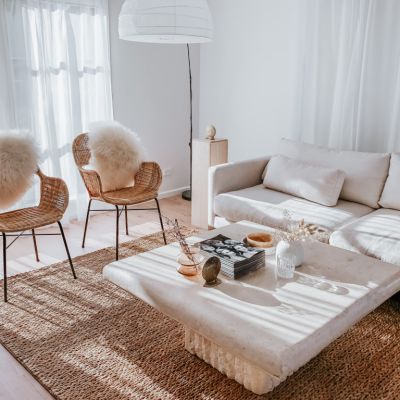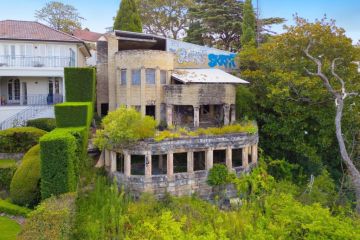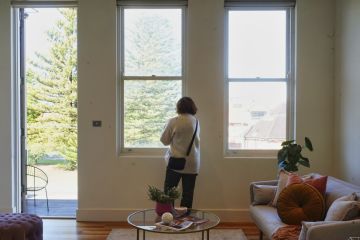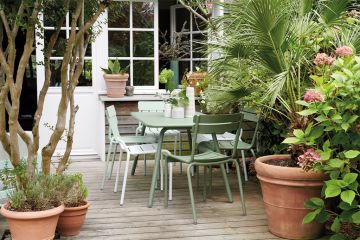Eight Indigenous-owned and led homewares brands to buy now
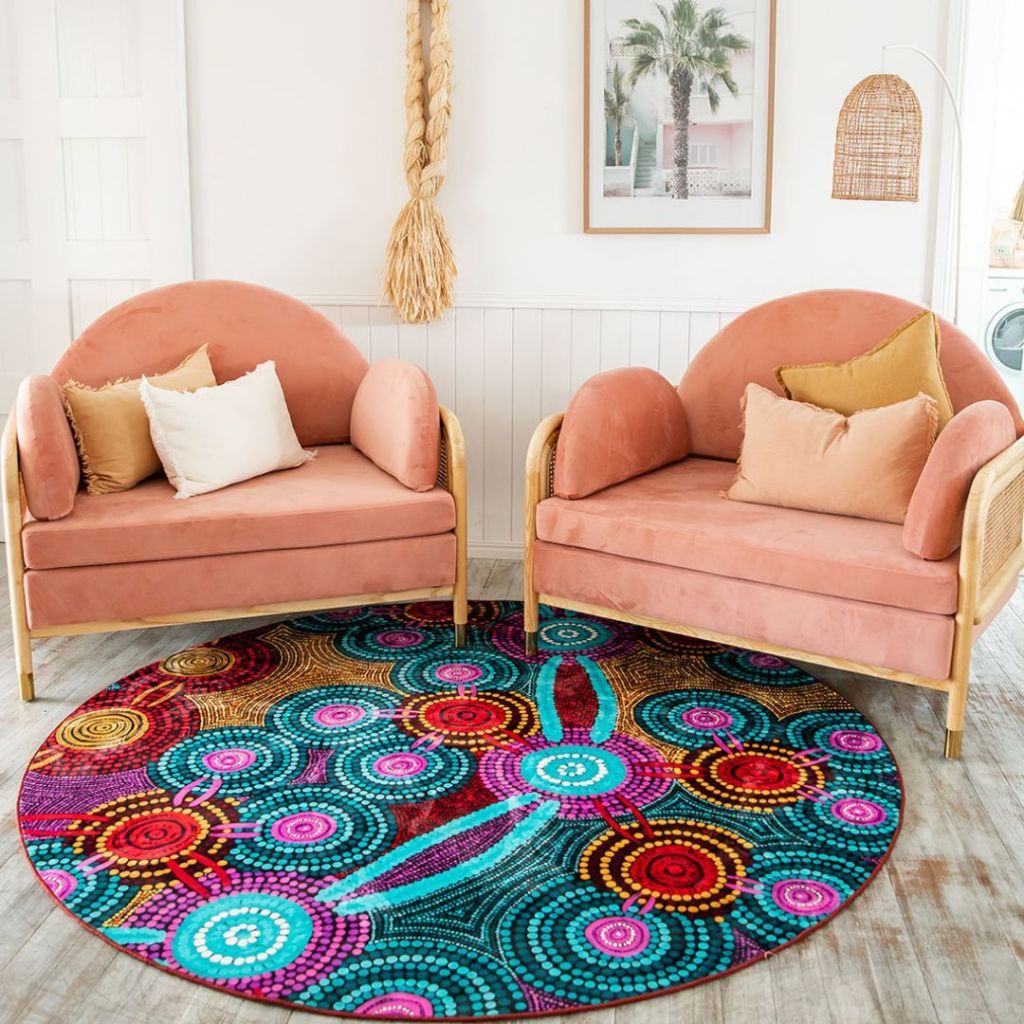
There’s nothing quite like the feeling of updating your living space. It could be something as small as a cushion cover or candle, or as big as a large scale artwork or piece of furniture. Regardless of size, however, buying from a local business is your best bet.
We’ve found some of the best First Nations-made homewares that will not only suit any interior style but support the artists, creatives and makers behind every piece.
Cungelella Art
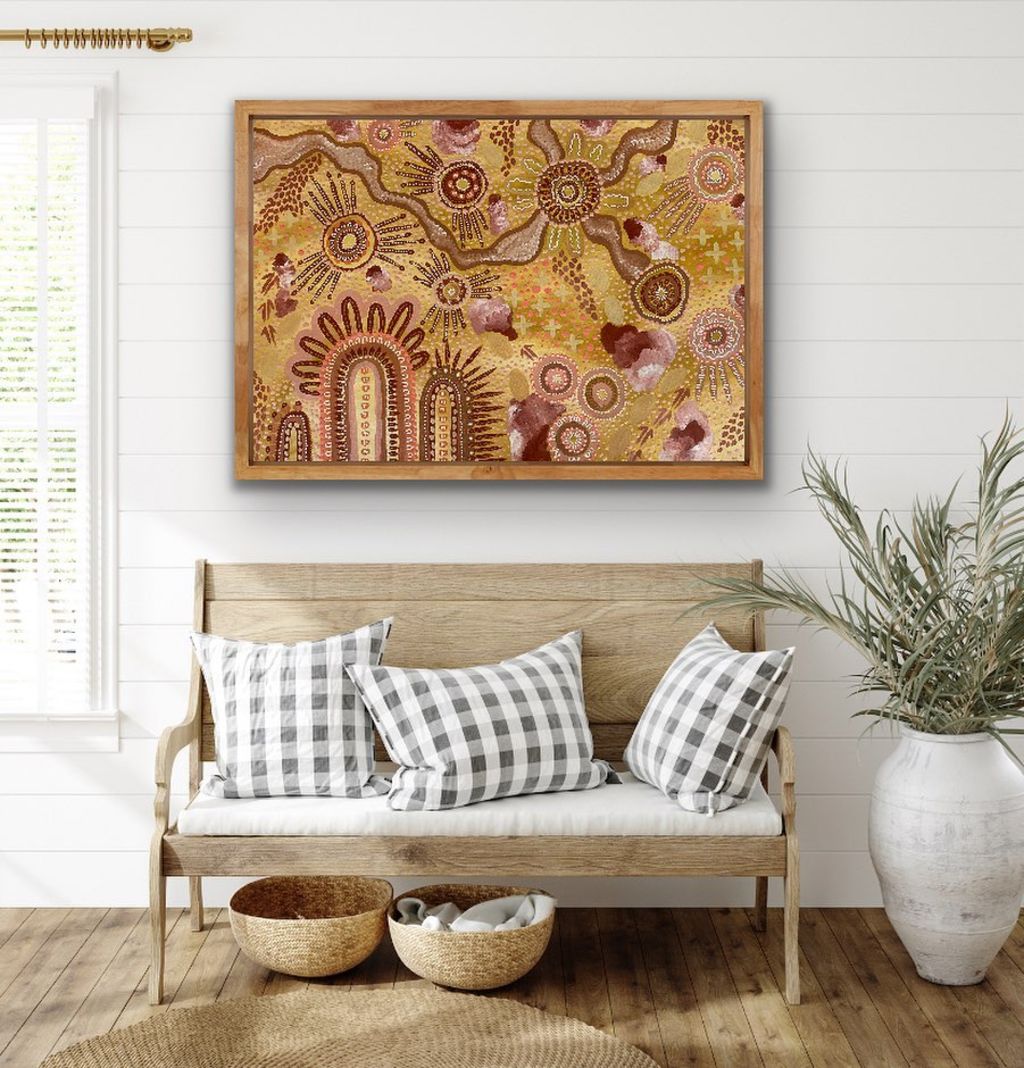
Glenda McCulloch started Cungelella Art in 2019 and quickly got her sisters – Cheryl Perez, Jaunita Doyle and Dale Bruce – on board as demand for her artworks grew.
Now the foursome paint contemporary pieces in their own distinct styles, influenced by their elders and the natural surroundings of the Kalkadoon region they call home.
As well as original pieces and prints, the sisters work on limited-edition collections – when inspiration strikes – and do take commissions. They’ve also worked on collaborations with Deadly Denim, Twoobs, Yogat and Little Art Earrings, creating statement fashion and lifestyle pieces.
Emro Designs
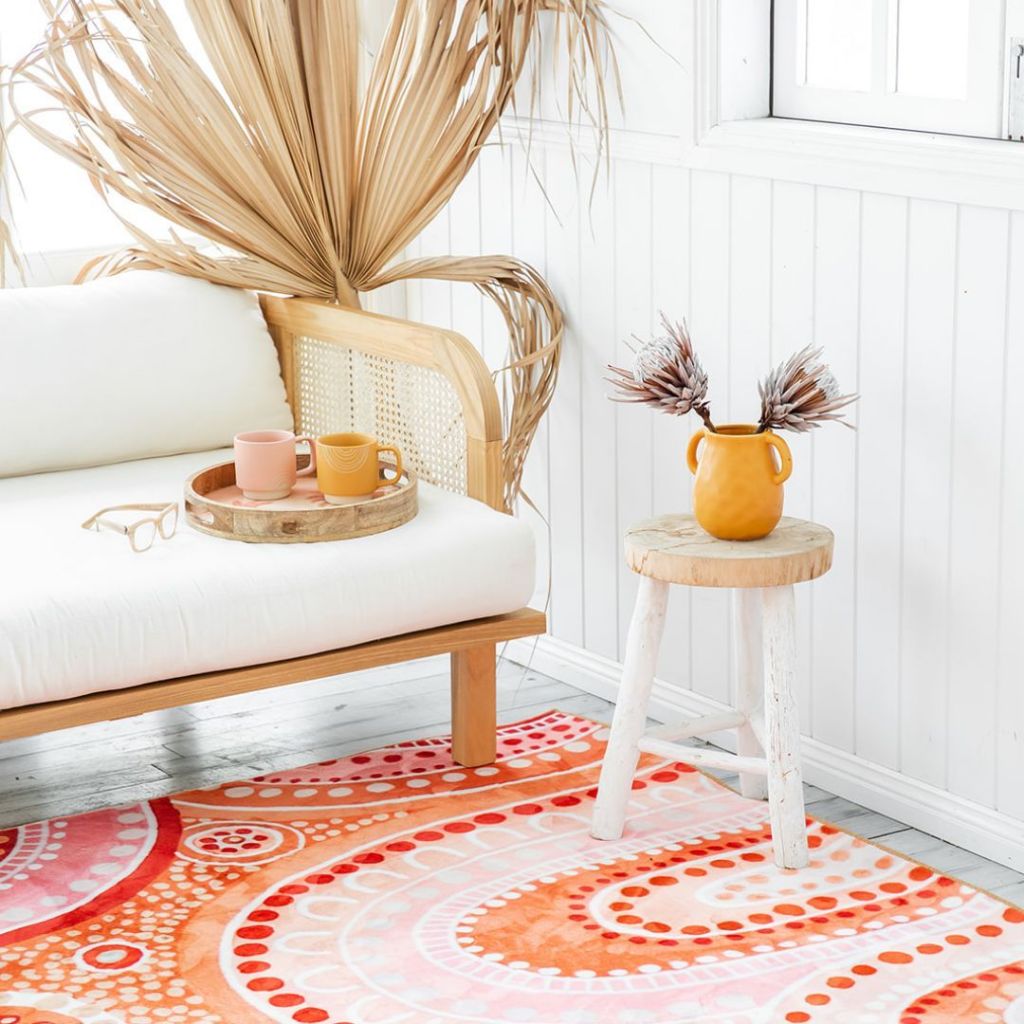
Founded in 2019, the Aboriginal-owned and operated EMRO Designs is the brainchild of Bundjalung woman, Emma Rolls.
Rolls is currently working with five Indigenous artists to create a range of rugs, mats and cushion covers in gorgeous colours guaranteed to brighten any dull space.
Freestone Art
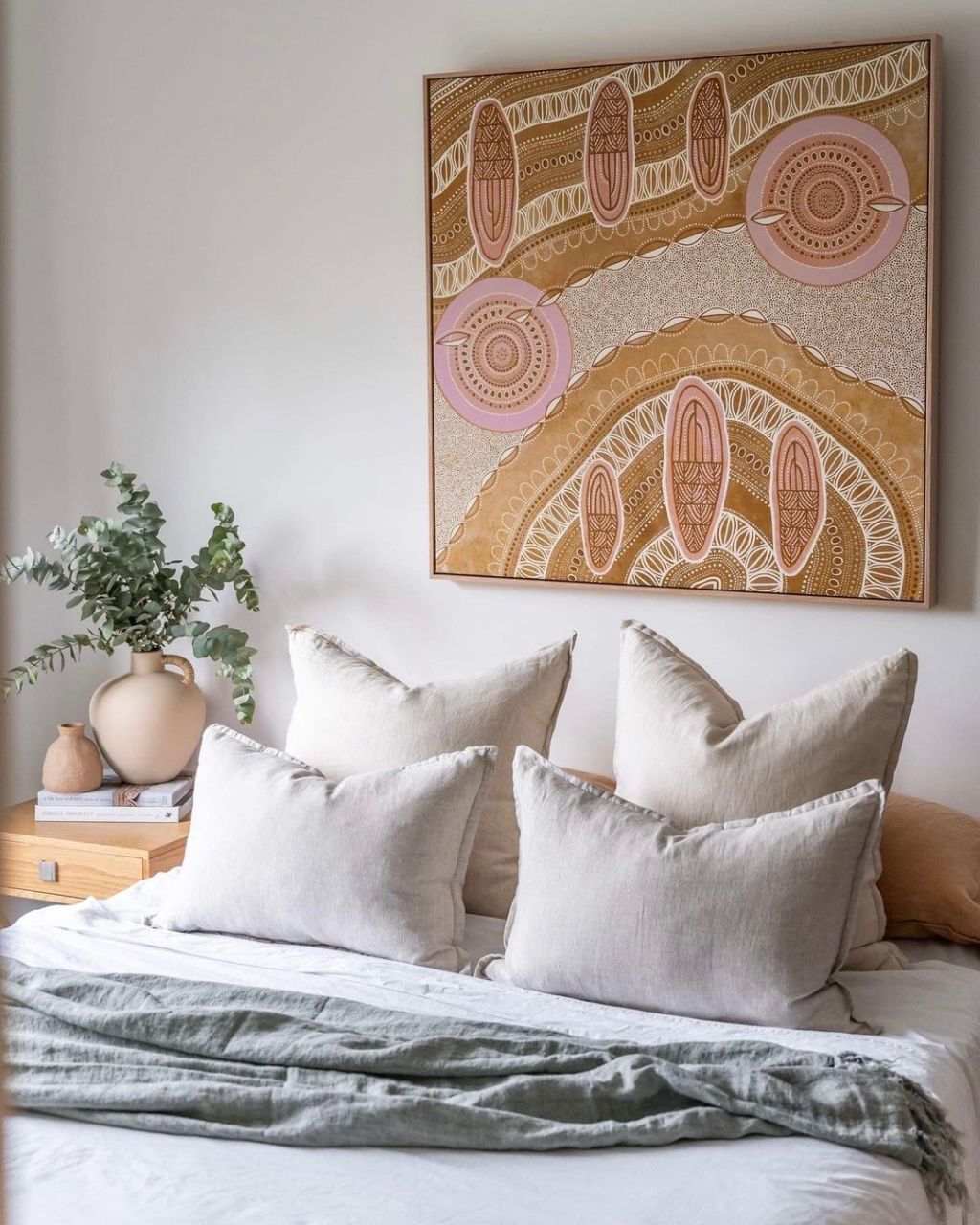
Keen Block fans may have noticed artist Lauren Freestone’s work featured on last year’s season of The Block in Luke and Jasmin’s studio apartment.
Freestone, now based in Newcastle, followed in her father’s footsteps to become the contemporary artist she is today, with her works inspired by a love of nature and the Gumbaynggirr country she grew up on.
Soft tones of sandy neutrals, blush pinks and eucalyptus feature on the original artworks, prints and cushion covers she creates.
Manapan Furniture
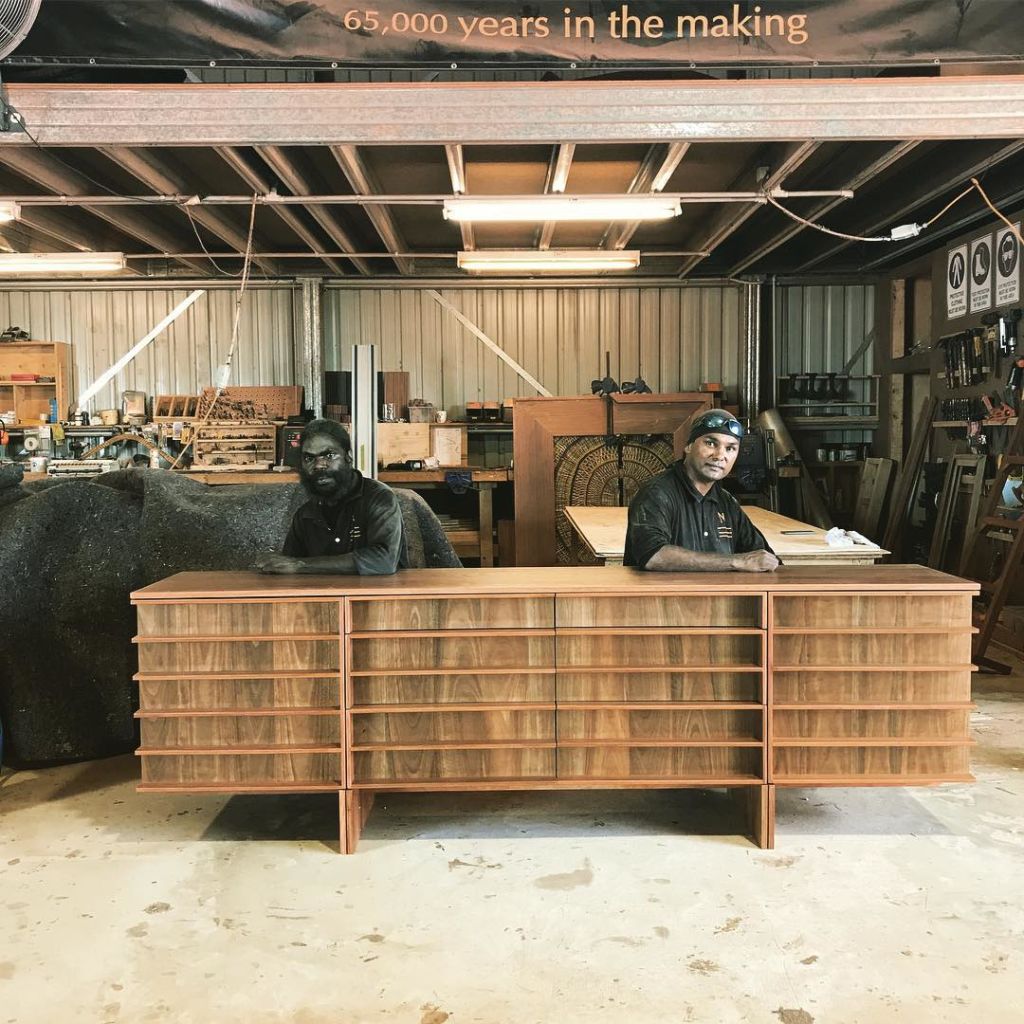
Manapan brings together talented architects and designers and teams up with craftsmen from Milingimbi Island in Arnhem land to create contemporary high-end timber furniture pieces.
A showroom in Melbourne’s South Yarra showcases some seriously stylish hand-crafted coffee tables, benches, sideboards and crocodile lamps.
Manapan also provides training for locals in carpentry and joinery as well as work-experience programs for kids at the local school.
Our Dilly Bag
Our Dilly Bag is an Aboriginal-owned, women-led social enterprise aiming to increase understanding and appreciation of Indigenous culture around Australia, with a focus on reconciliation.
To promote knowledge of Indigenous culture and causes, Our Dilly Bag sells subscription-based hampers that are delivered to your door on either a monthly, quarterly, six-monthly or yearly basis.
Each new hamper is a curated mix of Indigenous products – it could be handmade soap, a tote bag, a Clothing the Gap beanie, and a set of educational topic cards about Aboriginal Australia.
Art Ark
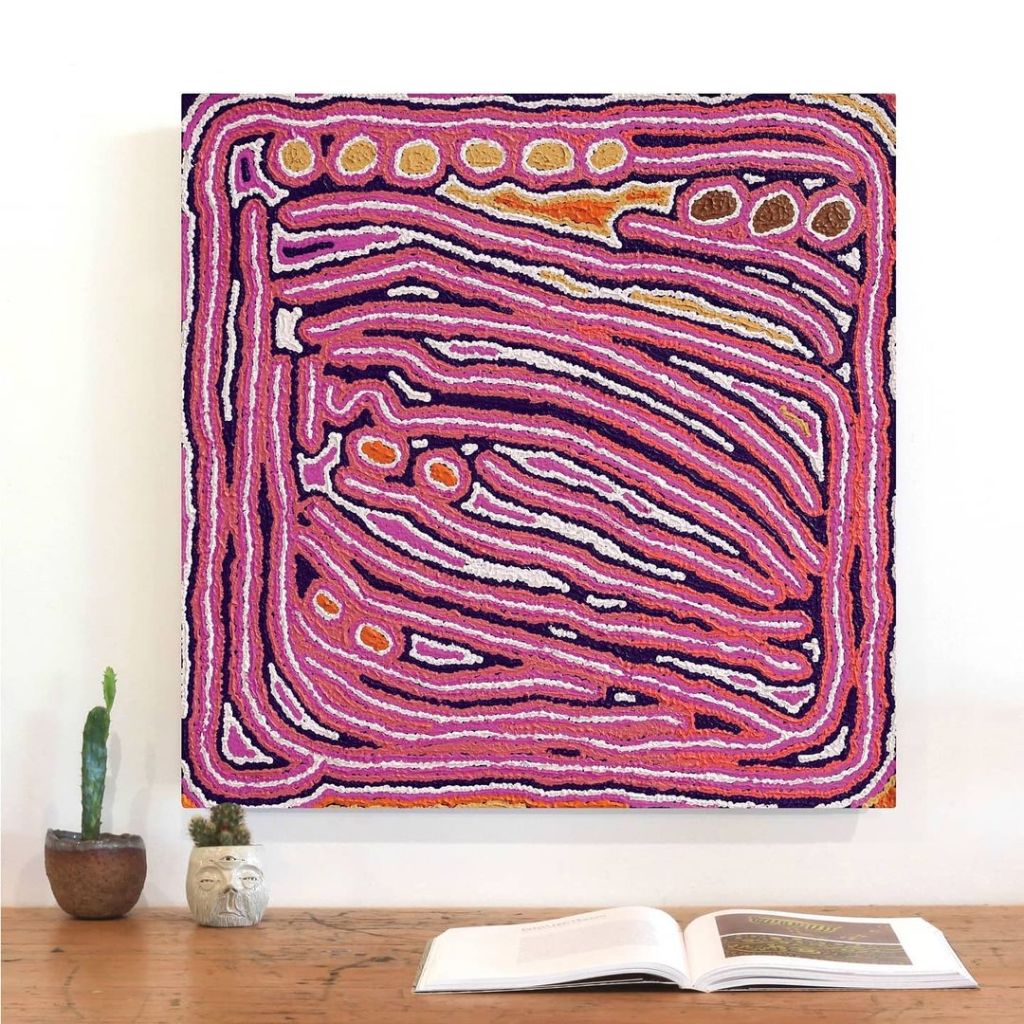
A one-stop shop for ethically sourced Aboriginal art, Art Ark partners with not-for-profit organisations that work in the best interests of artists and ensure fair payment.
You’ll find striking bark sculptures and paintings, coiled and woven mats, baskets and dilly bags, as well as plenty of artworks to suit any space – from a large empty wall to a small entry or study nook.
Willie Weston
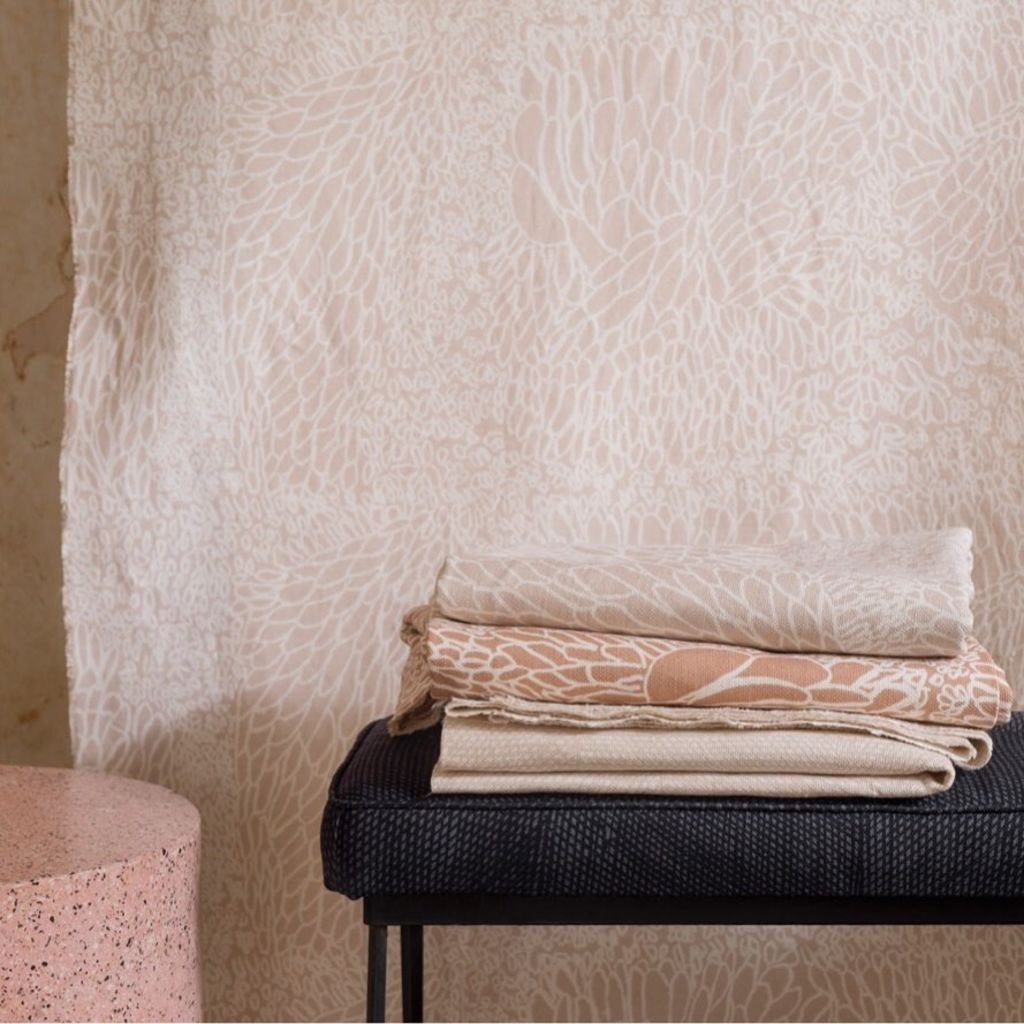
Co-founders Laetitia Prunetti and Jessica Booth, two non-Indigenous women based in Melbourne, work with Indigenous artists across remote Australia – from the Kimberley and Central Desert to Arnhem Land and Tiwi Islands – to create a range of stylish fabrics and wallpapers.
All wallpapers and fabrics are printed locally and the artists are paid for every metre that is produced as well as receiving a share of profits.
Nardurna
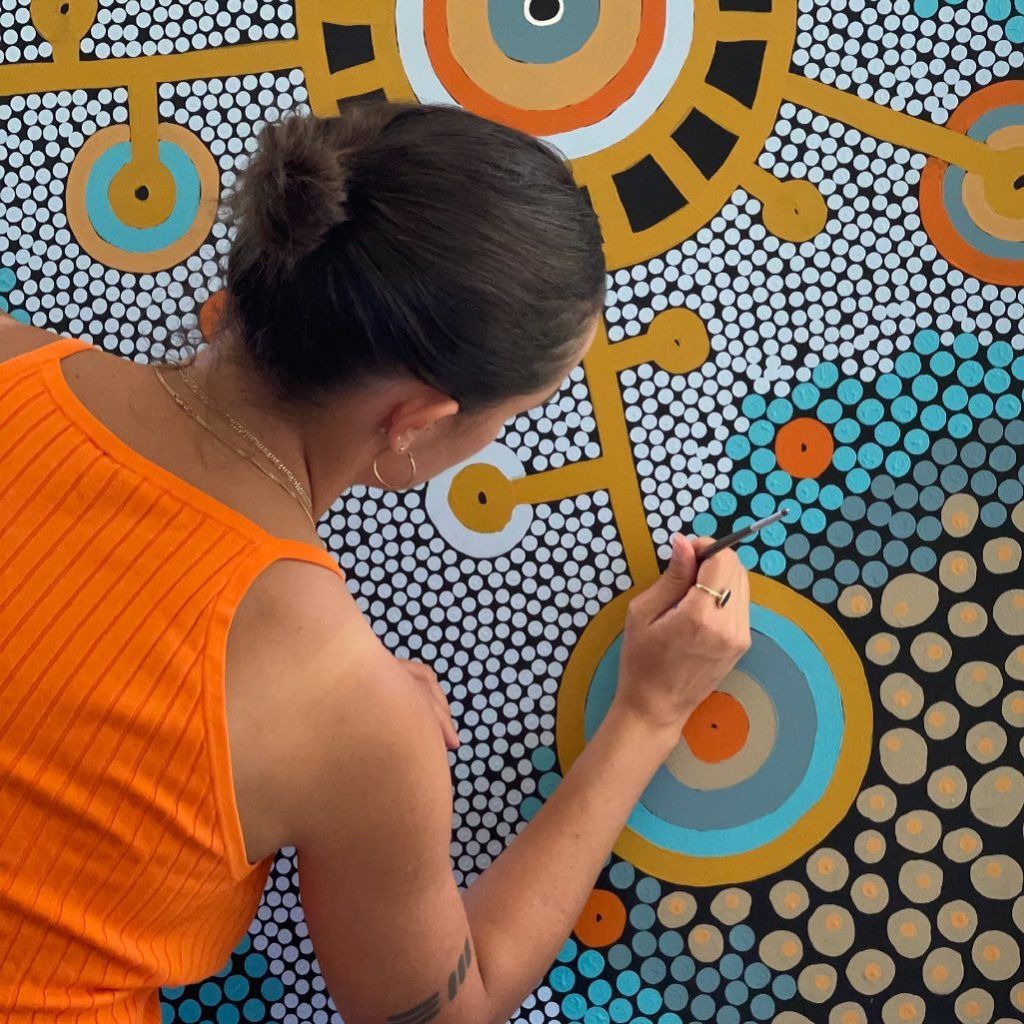
Contemporary artist Ryhia Dank grew up in a remote community in the Northern Territory and took to painting during COVID. Her bright art prints tell stories of the Gudanji/Wakaja people.
Dank also creates A4 stamp artwork and A5 swatches that are the foundation of her larger pieces. She’s also worked on a range of tote bags and phone covers and has done collaborations with Ceacea Swimwear and The Midnight Gang.
We recommend
We thought you might like
States
Capital Cities
Capital Cities - Rentals
Popular Areas
Allhomes
More
